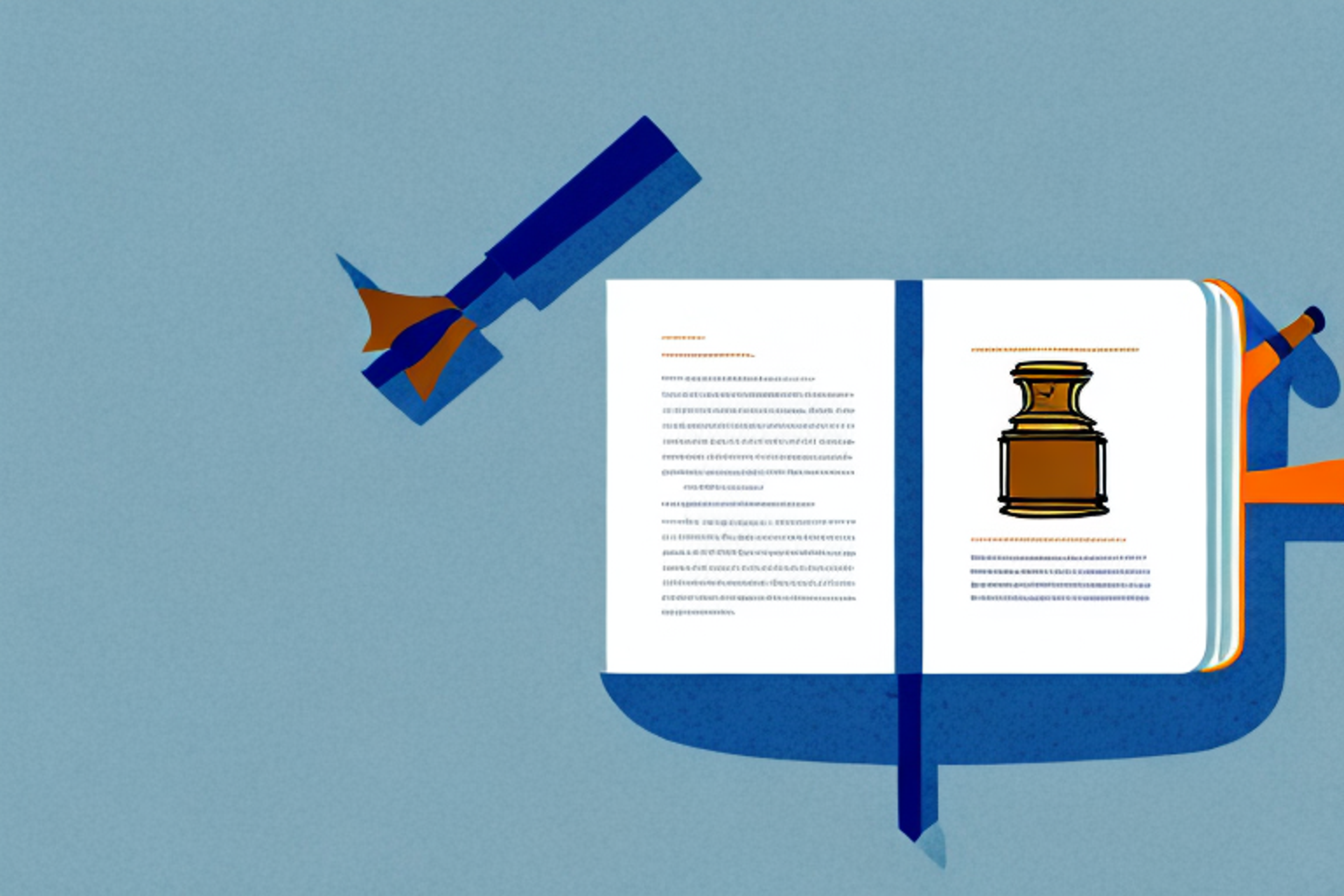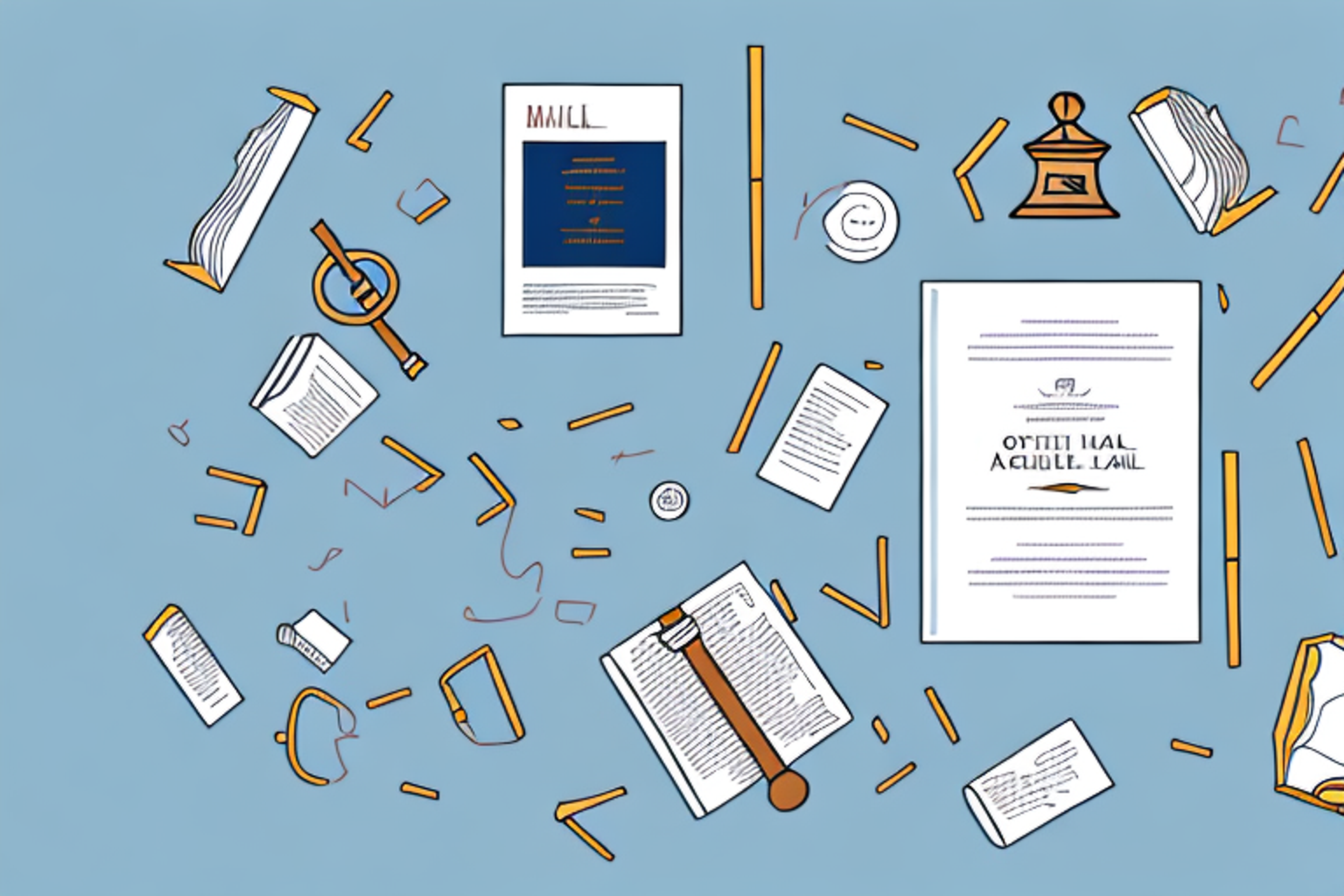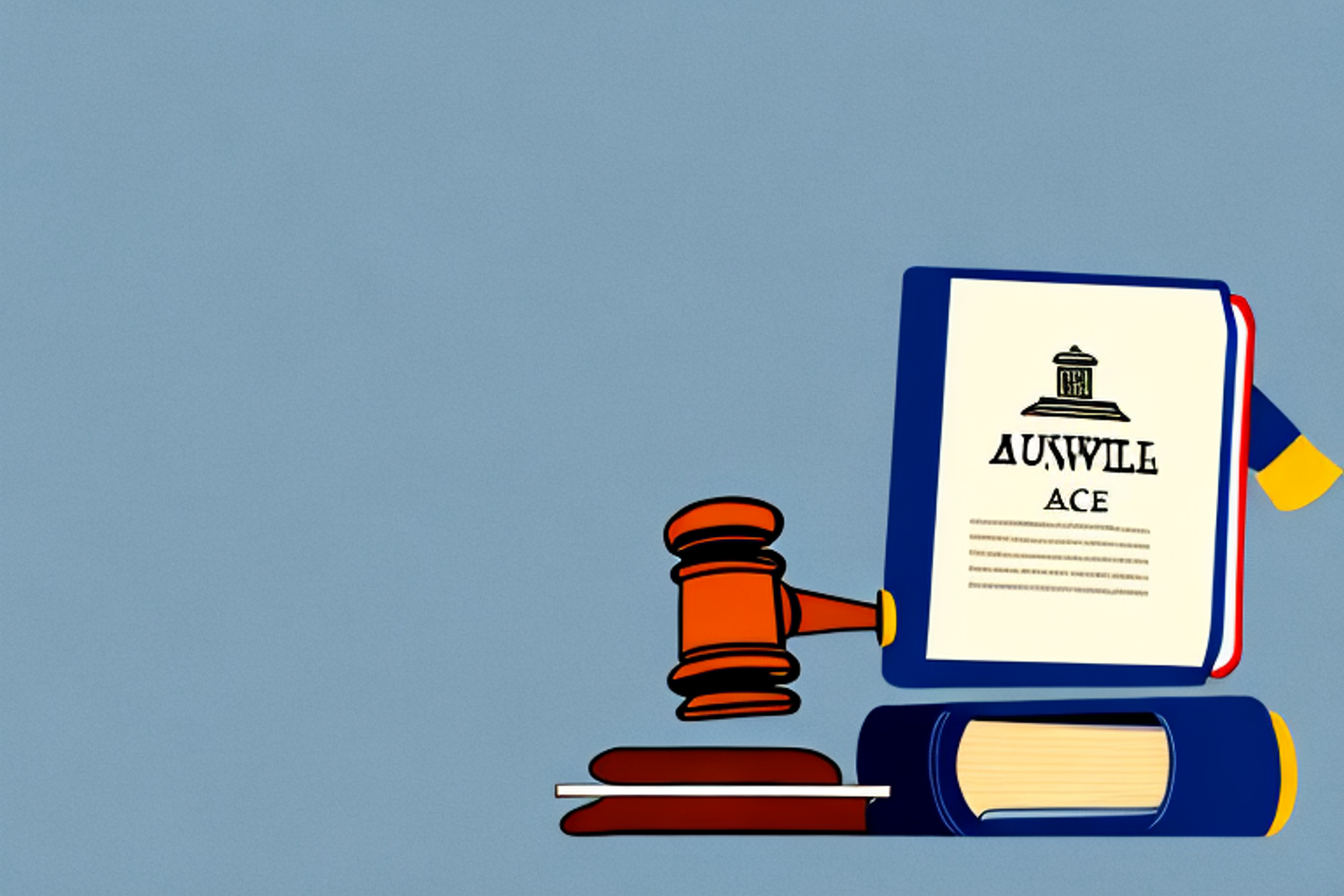How to Write a Compelling Personal Statement for University of Connecticut School of Law
Learn how to write a compelling personal statement for University of Connecticut School of Law with our expert tips and tricks.
Posted March 6, 2025

Stay in the loop. Go places.
Join 100,000+ others and receive free resources, exclusive event invites, and personalized support to reach your goals.
Table of Contents
If you are considering applying to the University of Connecticut School of Law, one of the most important components of your application will be your personal statement. This essay gives you the opportunity to showcase your personality, achievements, and why you are the right fit for the law program. In this article, we will explore why your personal statement is so important, what the admissions committee looks for, and provide you with practical steps to help you write a compelling essay.
Why Your Personal Statement is So Important for Law School Admissions
Your personal statement is a chance to make a great first impression and engage with the law school admissions committee on a deeper level. It is the only part of your application that allows you to express yourself outside of academic achievements and test scores. It should reflect who you are as an individual, your personality, values, and demonstrate why you are a great candidate for law school.
One of the key reasons why your personal statement is so important for law school admissions is that it can help you stand out from other applicants. Admissions committees receive thousands of applications each year, and many of them have similar academic backgrounds and test scores. Your personal statement is an opportunity to showcase your unique qualities and experiences that make you a valuable addition to the law school community.
Another reason why your personal statement is crucial is that it can demonstrate your writing skills and ability to communicate effectively. As a law student and future lawyer, strong writing skills are essential. Admissions committees want to see that you can articulate your thoughts clearly and concisely, and that you have a strong command of the English language. Your personal statement is a chance to showcase these skills and prove that you are ready for the rigors of law school.
Understanding the Admissions Committee: What They Look for in a Personal Statement
Before you start writing your personal statement, it's essential to understand what the admissions committee is looking for. They want to see who you are beyond what is already listed on your application. They will be evaluating your communication skills, analytical abilities, and most importantly, your passion for law. Be sure to discuss experiences that demonstrate your potential for becoming a great attorney, your work ethic, and any unique qualities that will make you an exceptional addition to their program.
In addition to the qualities mentioned above, the admissions committee also looks for applicants who have a clear understanding of the legal profession and its challenges. Your personal statement should demonstrate that you have researched the field and have a realistic understanding of what it takes to succeed as a lawyer. You should also show that you have a strong sense of purpose and a clear vision of how a legal education will help you achieve your career goals. Remember, the personal statement is your chance to make a lasting impression on the admissions committee, so take the time to craft a compelling narrative that showcases your strengths and potential.
Steps to Take Before You Start Writing Your Personal Statement
Before you begin writing your personal statement, it's crucial to take some time to reflect on your experiences and gather your thoughts. Start by brainstorming, outlining, and organizing your ideas. Once you have a general idea of what you want to write about, gather all necessary materials, such as transcripts, letters of recommendation, and other documents that pertain to your application to the University of Connecticut School of Law.
Another important step to take before writing your personal statement is to research the University of Connecticut School of Law and its values. This will help you tailor your statement to the specific program and demonstrate your fit with the school's mission. Additionally, consider reaching out to current students or alumni to gain insight into the program and its culture. This can provide valuable information to include in your personal statement and show your dedication to the program.
Crafting a Unique and Memorable Opening for Your Personal Statement
Your opening should grab the reader's attention and set the tone for your essay. A memorable anecdote or personal story can help bring your essay to life. Be creative but avoid trying to be too clever or gimmicky. Remember, you want to be unique, but you also want to be professional and respectful.
One effective way to create a unique opening is to start with a thought-provoking question or statement. This can immediately engage the reader and make them curious about what you have to say. However, make sure the question or statement is relevant to your essay topic and not just a random attention-grabber.
Another approach is to use a quote that relates to your personal statement. This can add depth and credibility to your essay, as well as show that you have done research and are knowledgeable about the topic. Just make sure to properly cite the source of the quote and explain how it connects to your essay.
How to Showcase Your Passion for Law in Your Personal Statement
Your passion for law should be evident throughout your essay. Discuss your interest in the field, any experiences that have inspired you, and any goals you hope to achieve with your law degree. Use specific examples of how you have demonstrated your interest in law and how it has impacted your life.
One way to showcase your passion for law is to discuss any extracurricular activities or volunteer work you have done related to the field. For example, if you have volunteered at a legal aid clinic or participated in a mock trial competition, be sure to highlight these experiences and explain how they have contributed to your interest in pursuing a career in law.
Another way to demonstrate your passion for law is to discuss any relevant coursework or research you have done. If you have taken classes in constitutional law or criminal justice, or have conducted research on a legal topic, be sure to mention these experiences and explain how they have deepened your understanding of the field and fueled your passion for pursuing a law degree.
Tips for Highlighting Your Achievements and Experiences in Your Personal Statement
Your achievements and experiences provide valuable insight into your academic and personal background. Highlight any awards, honors, or extracurricular activities that have helped shape your character and perspective on life. Be sure to include examples of how these experiences have prepared you for law school and how they demonstrate your potential as a future legal professional.
Additionally, it is important to showcase any relevant work experience or internships you have had in the legal field. This can include positions as a paralegal, legal assistant, or even volunteering at a law firm. Discuss the skills you gained and how they have prepared you for the rigors of law school and a career in law.
Finally, don't forget to highlight any unique experiences or perspectives you bring to the table. This can include overcoming adversity, volunteering in your community, or participating in a study abroad program. These experiences can demonstrate your resilience, adaptability, and global perspective, all of which are valuable traits in the legal profession.
Discussing Challenges and Overcoming Obstacles: How to Approach Sensitive Topics in Your Personal Statement
If you have faced challenges or overcome obstacles in your life, it may be appropriate to discuss them in your personal statement. Be careful when discussing sensitive topics and ensure that you remain respectful and professional. Discuss how you overcame adversity and what you learned from the experience, both in terms of personal growth and professional development. But remember, this is still a professional essay, so avoid oversharing or sounding self-indulgent.
It is important to keep in mind that not all challenges or obstacles need to be discussed in your personal statement. Consider the relevance of the experience to your academic or career goals and how it has shaped your character. Additionally, be mindful of the impact your story may have on the reader and avoid triggering or upsetting content. Remember, the goal of your personal statement is to showcase your strengths and qualifications, not to elicit sympathy or pity.
The Importance of Being Honest and Authentic in Your Personal Statement
Honesty and authenticity are essential in your essay. It's essential to be genuine, direct, and honest in your writing. Avoid hyperbole, exaggeration, or outright stretching the truth. Be yourself and allow your personality to shine through.
Being honest and authentic in your personal statement not only helps you stand out from other applicants, but it also shows your integrity and character. Admissions officers can easily spot insincerity and dishonesty, and it can harm your chances of being accepted. By being truthful and genuine, you can build trust with the admissions committee and demonstrate that you are a reliable and trustworthy candidate. So, take the time to reflect on your experiences and write from the heart, and you'll be sure to create a personal statement that truly represents who you are.
How to Edit and Revise Your Personal Statement for Maximum Impact
Once you've written your personal statement, it's time to edit and revise. Read your essay aloud, have someone else read it, and use tools like spell-checkers to catch any errors. Make sure that your essay flows well and has a logical structure. Cut out any jargon and make sure that you're using simple and concise sentences to convey your message.
Another important aspect to consider when editing your personal statement is the tone. Make sure that your tone is appropriate for the audience and purpose of your essay. If you're applying for a professional program, your tone should be formal and serious. On the other hand, if you're applying for a creative writing program, your tone can be more playful and experimental.
Finally, don't be afraid to make major changes to your essay if necessary. Sometimes, a complete overhaul is needed to make your personal statement truly impactful. Be open to feedback and willing to make changes that will improve your essay. Remember, your personal statement is your chance to showcase your unique qualities and experiences, so take the time to make it the best it can be.
Common Mistakes to Avoid When Writing a Personal Statement for Law School Admissions
Common mistakes include copying and pasting from other essays, using overly technical language, or using vague platitudes regarding why you want to attend law school. Avoid cliches and do not use your personal statement as a place to complain or express negativity.
Examples of Successful Personal Statements: What They Did Right
Finally, one of the best ways to understand how to write a great personal statement is to review successful examples. Pay attention to what these essays did right, such as their structure, flow, and use of language. At the same time, do not copy their examples, which is plagiarism. Instead, use them as inspiration and a guide when crafting your own personal statement.
Now that you have a better idea of how to write a compelling personal statement for the University of Connecticut School of Law, it's time to get started! Remember, it's essential to put in the time and effort to make your essay stand out and showcase your potential as a future legal professional.










